
Whether you’re gearing up for a new project or just curious about the best way to get things done, you’re in the right place.
At CCS, our consultants mix, match and apply best fit project management methodologies to ensure operational excellence.
Let’s take a tour through some popular project management methodologies and discover where each one shines the brightest, as well as situations where they might be a false friend. Our fourth is controversial but we keep it pragmatic so you can gauge whether or not it’s right for your project.
Buckle up — let’s dive in!
- Agile| The Flexible Friend
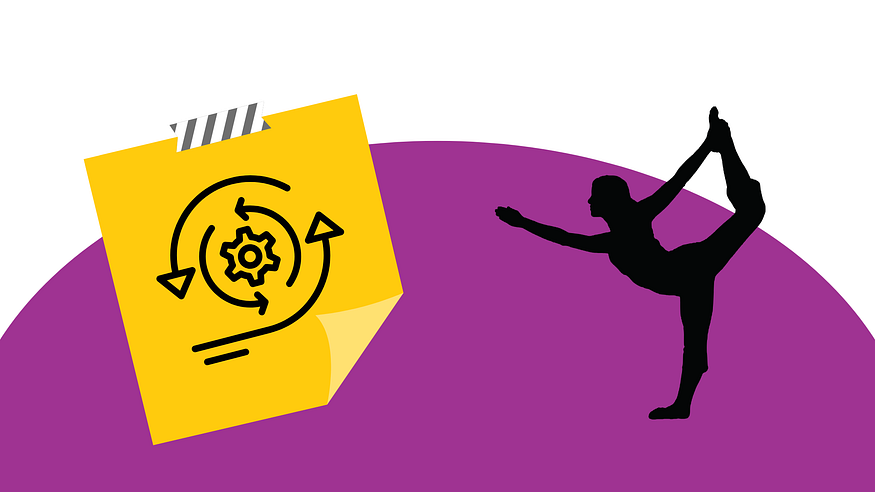
Best for: Software Development and Creative Projects
Agile is like that friend who’s always ready for a spontaneous adventure. If your project involves lots of changes and new ideas, Agile is your go-to. It’s perfect for software development, innovative projects, and anything where flexibility is key. Agile breaks down work into small, bite-sized pieces, letting teams adapt and deliver quickly. It’s all about staying nimble and keeping the customer happy.
Avoid if: Your project has a fixed scope and timeline. Agile’s iterative nature isn’t great for projects where requirements are set in stone from the start, like regulatory or compliance projects. It can also struggle with large, long-term projects where too much flexibility might lead to scope creep.
2. Waterfall| The Structured Planner
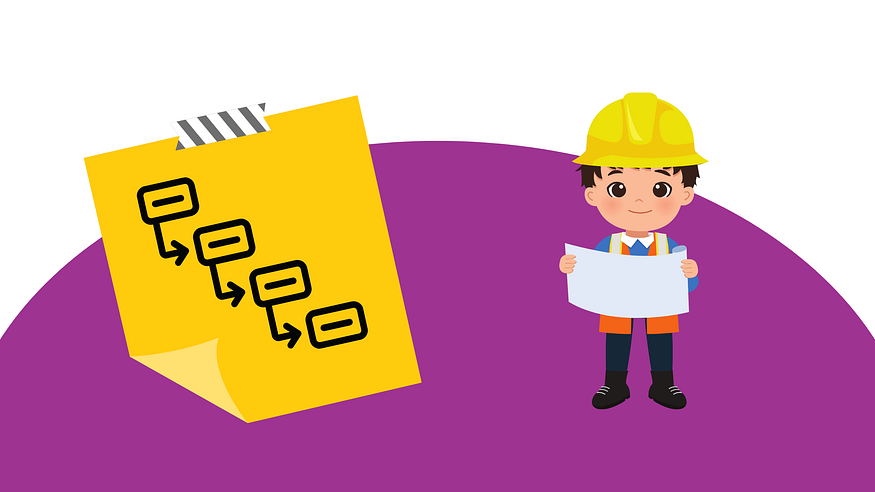
Best for: Construction and Large-Scale Manufacturing
Waterfall is the master planner of the project management world. Imagine a meticulous architect designing a skyscraper — each floor needs to be finished before moving on to the next. That’s Waterfall in a nutshell! It’s great for projects with clear-cut steps and a definite end goal, like construction and manufacturing where there are “known knowns”.
For example, the variation on setting times for cement is relatively small so in a construction project, you can plan the timings for this project phase with relative certainty.
With its sequential phases, Waterfall can help ensures everything’s in place before moving forward, making it perfect for big, structured projects where variables slim and known.
Avoid if: You anticipate frequent changes or if there are unknown variables which may require an iterative approach.
For example, if your project involves setting milestones according to stakeholder feedback with a need for perception management (like a new software development or adoption project), Waterfall could be your downfall.
Waterfall’s linear approach isn’t flexible, so it’s not ideal for projects with evolving requirements. It also doesn’t lend itself well to creative industries or software development where frequent iteration and feedback are necessary.
3. Scrum| The Team Player
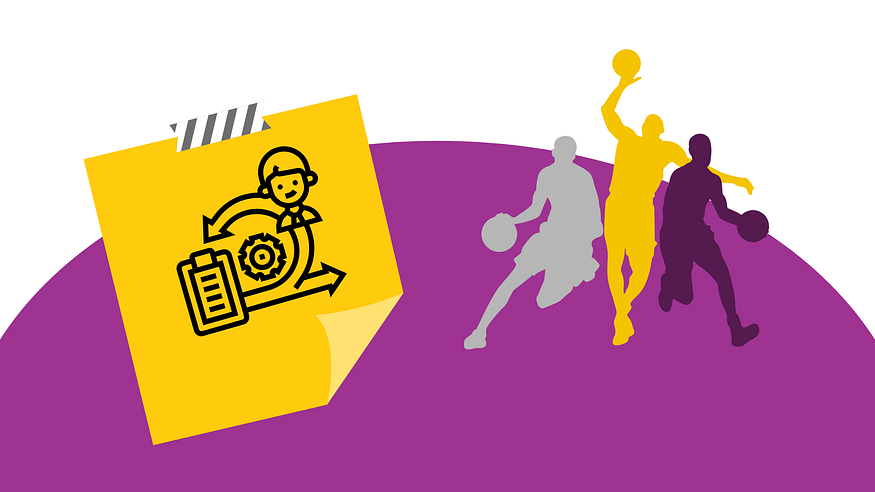
Best for: Software Development and Collaborative Teams
Scrum is the ultimate team player, perfect for projects that thrive on collaboration and quick feedback loops. Think of Scrum like a sports team, working in short, intense bursts called sprints. Each sprint is a chance to score some major goals (or deliverables) and review how the team’s doing. Ideal for software development and creative fields, Scrum fosters a spirit of continuous improvement and adaptability, keeping everyone on the same page.
Avoid if: Your team isn’t familiar with Scrum practices or if the project doesn’t lend itself to incremental delivery. Scrum can be demanding, requiring dedicated roles like Scrum Master and Product Owner, and can be challenging if team members aren’t committed to daily stand-ups and regular sprints.
4. Kanban| The Visual Organisation Tool!
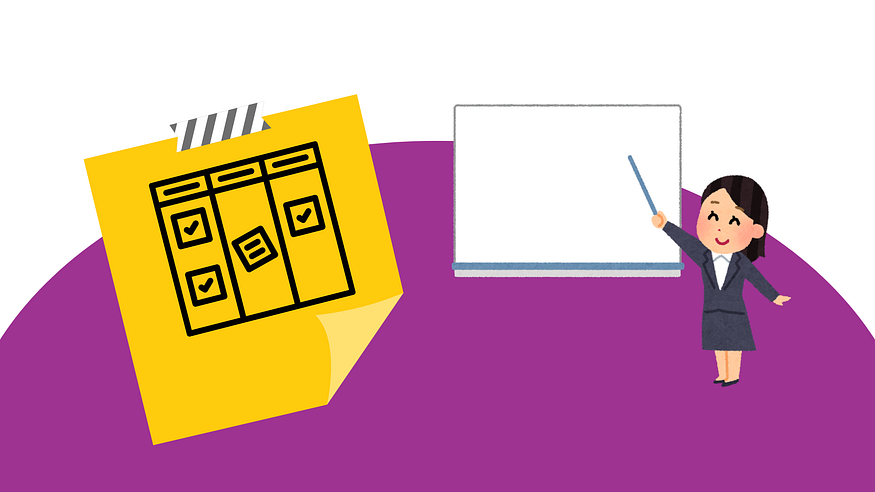
Best for: Ongoing Operations and Maintenance
Kanban can be used as both a tool or a methodology though strictly speaking is a tool within Lean methodology, with its origins stemming from the Toyota Production System. However, in recent times, the focus on Kanban-based project management software has given this tool strong street cred in Project Management circles.
Kanban is like the ultimate organiser in your friend group, always ready with sticky notes and color-coded lists. It’s all about visualising the workflow and keeping things moving smoothly.
Perfect for operational work, support, and maintenance projects, Kanban uses a visual board to track tasks and spot any hiccups in the flow. It’s all about improving efficiency and staying responsive to change. Plus, who doesn’t love a good visual board? Digital variations of Kanban boards for remote working or teams who are spread out include: Trello, Asana and Jira.
As a methodology, Kanban focuses on visualisation, continuous flow (which involves setting limits on “Work in Progress” tasks in any given moment), continuous review, requires clearly defined work processes and policies, and using data and collective insight to drive continuous improvement.
Avoid if: Your project requires a lot of upfront planning and has strict deadlines. Kanban’s focus on continuous flow can sometimes mean less emphasis on long-term planning, which isn’t ideal for projects with a fixed end date or where detailed upfront planning is critical.
5. Lean| The Efficiency Expert
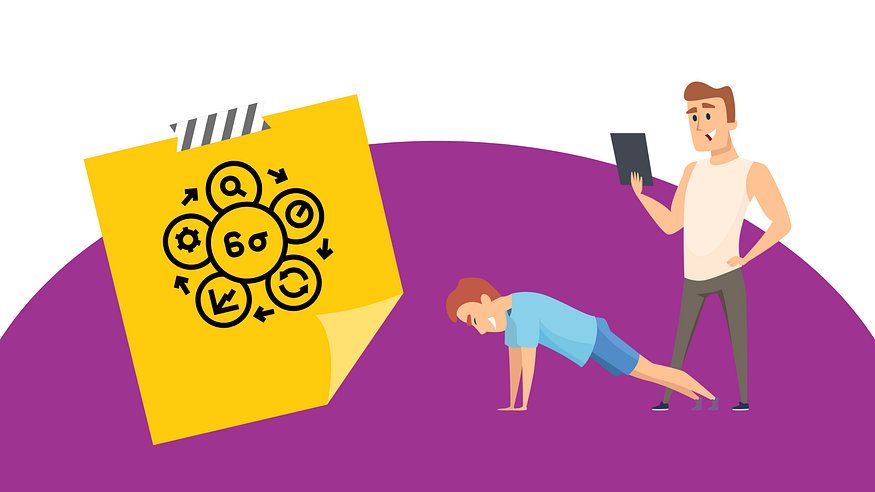
Best for: Process Improvement and Cost Reduction
Lean is the efficiency guru, always on the lookout for ways to do more with less. Lean encompasses a methodology complete with a whole arsenal of project management tools including DMAIC, PDCA, Five Why’s, Five S, Fishbone, Polling, Process Mapping, data variation calculations and more. It’s fantastic for projects focused on optimising processes, cutting out the waste and implementing a culture of Continuous Improvement.
Whether you’re in manufacturing, healthcare, or even software development, Lean’s principles can help streamline operations, create a pull rather than a push workflow dynamic and enhance value. It’s all about working smarter, not harder, and making sure every effort counts towards delivering top-notch results.
Avoid if: Your project prioritises creativity over efficiency. Lean’s focus on eliminating waste might not be the best fit for projects that need to explore multiple creative avenues or involve significant experimentation. It’s also less effective in highly regulated industries where “waste” might actually be necessary compliance steps.
Wrapping it Up | Choose Your Project Management Adventure
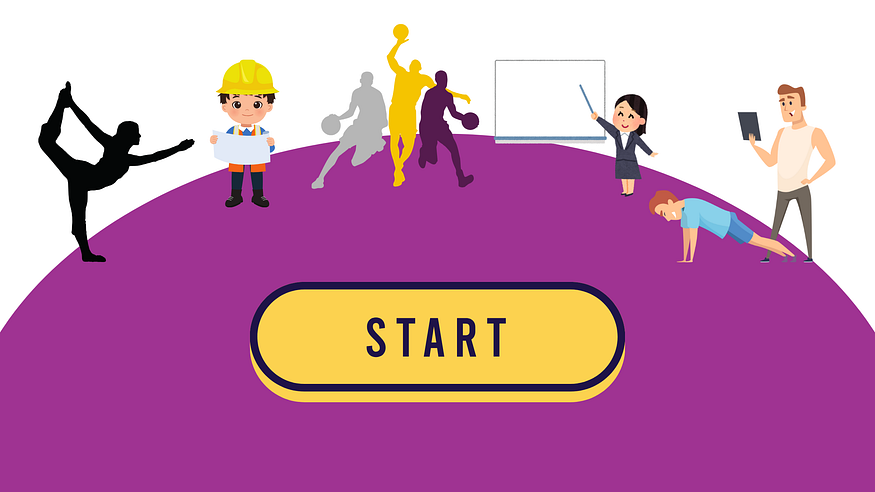
Choosing the right project management methodology or tools can feel like picking the right pair of shoes — it needs to fit just right! Agile and Scrum are perfect for dynamic, fast-paced projects, while Waterfall is your best bet for well-structured, large-scale ventures with predictable variables. Kanban helps keep ongoing tasks organised and flowing smoothly but is a tool at heart which can be utilised alongside other methodologies, rather than a whole methodology in itself. Finally, Lean is the way to go when you’re looking to boost efficiency and trim the fat across all areas and in the long term.
At CCS, we work with you to understand your organisation, strategy and improvement goals before applying a tailored mix of the best suited methodologies for your project. We bring special expertise in Lean (Black Belt), which means we begin by helping you optimise what you already have in place and create a culture of Continuous Improvement — helping you to make best use of any tools, systems and methodologies you need down the line.
Book a free chat with us to learn more, or download our free DMAIC Playbook for a step-by-step guide to making change happen through Lean. Happy changing!

